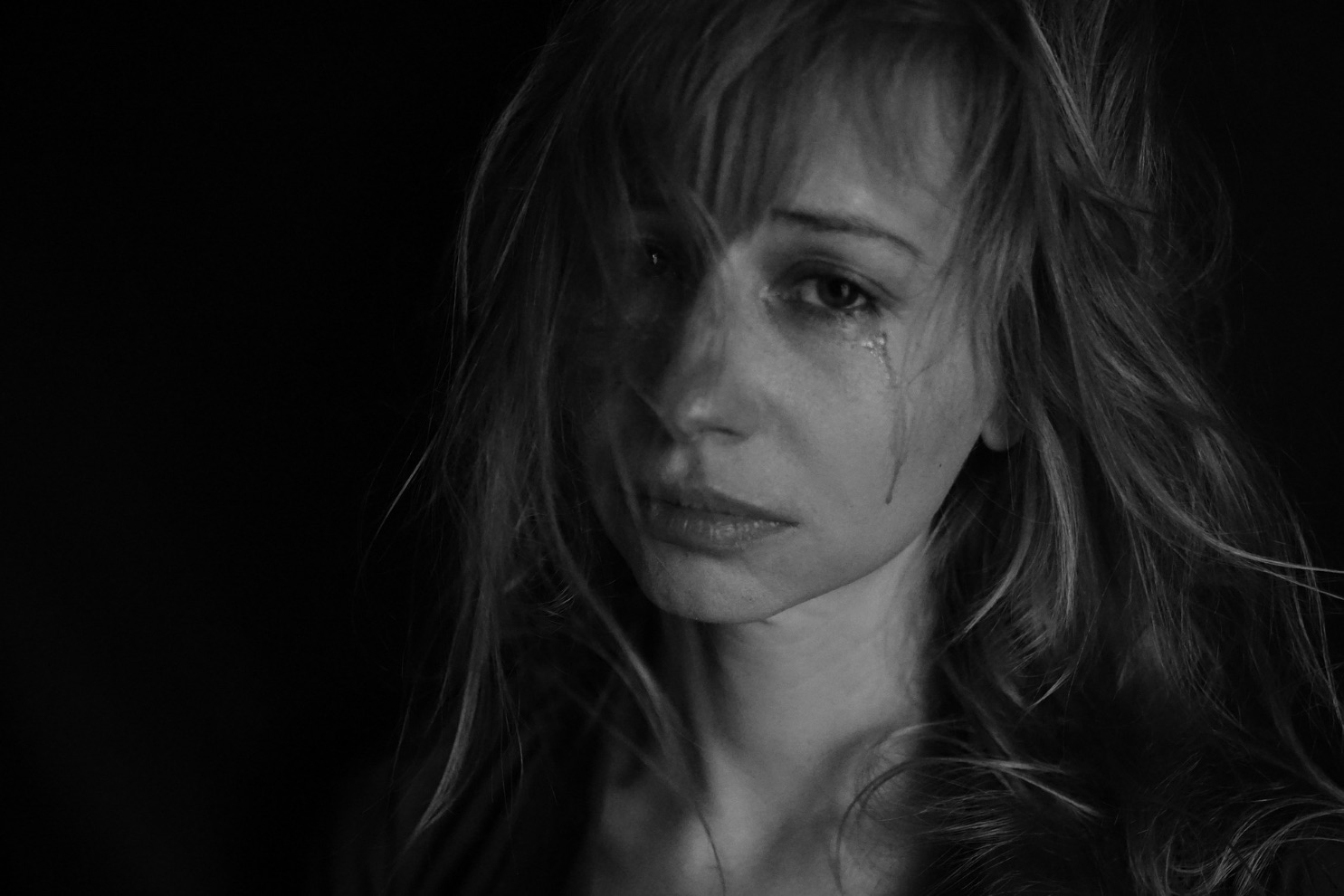How a Family Lawyer Can Help If You're Experiencing Domestic Violence in Qld
Domestic violence is a major issue in Australia. It occurs across all ages and demographics but predominantly affects women and children.
It is a large-scale problem, and one that has far-reaching consequences for the victims and their families.
If you are in a situation involving domestic violence, Pullos Family Lawyers can help.
We share what your legal options are, when you should seek legal advice, and how a family lawyer can help you if you’re experiencing domestic violence in QLD.
What is the Legal Definition of Domestic Violence?
In Queensland, domestic violence is dealt with by the Domestic and Family Violence Protection Act 2012, which describes itself as an Act to provide for protection of a person against violence committed or threatened by someone else if a relevant relationship exists between the persons.
This Act is the basis by which courts may make orders regarding domestic violence, and defines domestic violence as follows:
(1) Domestic violence means behaviour by a person (the first person) towards another person (the second person) with whom the first person is in a relevant relationship that:
- Causing personal injury to a person or threatening to do so
- Damaging a person’s property or threatening to do so
- Coercing a person to engage in sexual activity
- Unlawfully stalking a person
What are My Legal Options if I am a victim of Domestic Violence in Qld?
If you are in a situation involving domestic violence in QLD, there are a variety of legal options which can help keep you and your family safe.
An experienced family lawyer can assist with explaining options which may be suitable in your circumstances, and to ensure you don’t face legal proceedings by yourself.
Our family lawyers can provide you assistance in:
- Urgent applications for Domestic Violence Order (DVO) and Protection Orders
- Filing or responding to a DVO
- Negotiations between parties mentioned in DVOs
- Representing you in court
There are two types of DVOs: a protection order which typically lasts for five years, and a temporary protection order which is shorter-term but can be organised more quickly if you are in urgent need of protection. A protection order can also include terms which specify how the Respondent can contact you, and in some cases, remove a person from your home.
A family lawyer will ask you questions about your situation to help you understand the process, identify which type of DVO you need, and file these for you.
What Other Instances Can a Family Lawyer Assist With When it Comes to Domestic Violence in Qld?
Legal Aid Queensland shares scenarios when you should seek the help of a family lawyer
- you need help to work out a plan to leave a relationship safely
- you want to apply for a domestic violence protection order
- someone has applied for a domestic violence protection order against you
- you have been issued with a police protection notice
- police have made an application for a domestic violence protection order against you or your partner
- you want to change a domestic violence protection order
- you had to leave your home because of violence but your name is still on the lease
- you had an order interstate or overseas and want to register it in Queensland
- you have been asked to attend family dispute resolution but have concerns for your safety.
Speaking to a Family Lawyer About Domestic Violence In QLD
If you or a loved one are suffering from domestic violence in QLD, Pullos are here to help.
Our experienced team of family lawyers are familiar with cases involving domestic violence in QLD, and can make a domestic violence application to the Magistrates Court to arrange a DVO with conditions that will keep you and your family safe.
To find out more about how we can help, get in touch with our lawyers today via email, or call us in our Gold Coast office on (07) 5526 3646, or in Brisbane on (07) 3144 1641.
If you are in immediate danger, please call 000 for police or ambulance. For any other domestic violence concerns, there are also a number of free, 24-hour hotlines you can call.
1800 Respect national helpline:
Women's Crisis Line:
Men's Referral Service:
Lifeline (24 hour crisis line):
